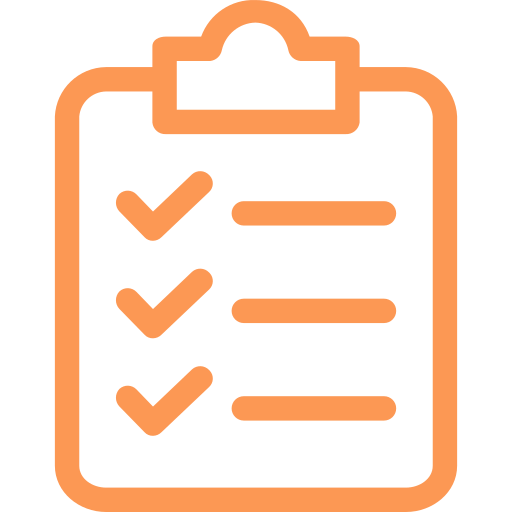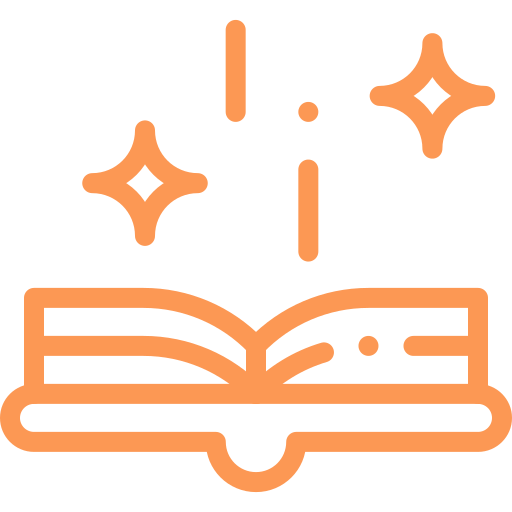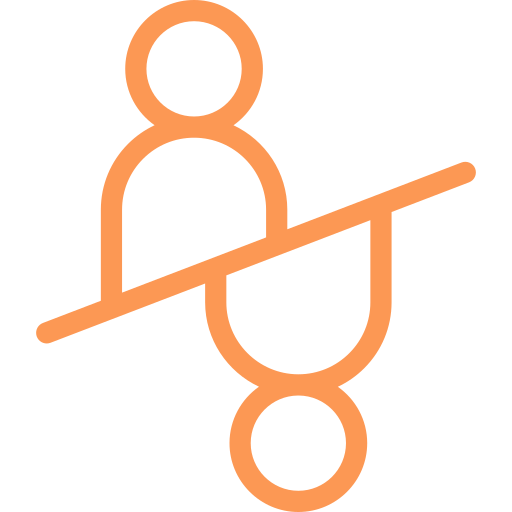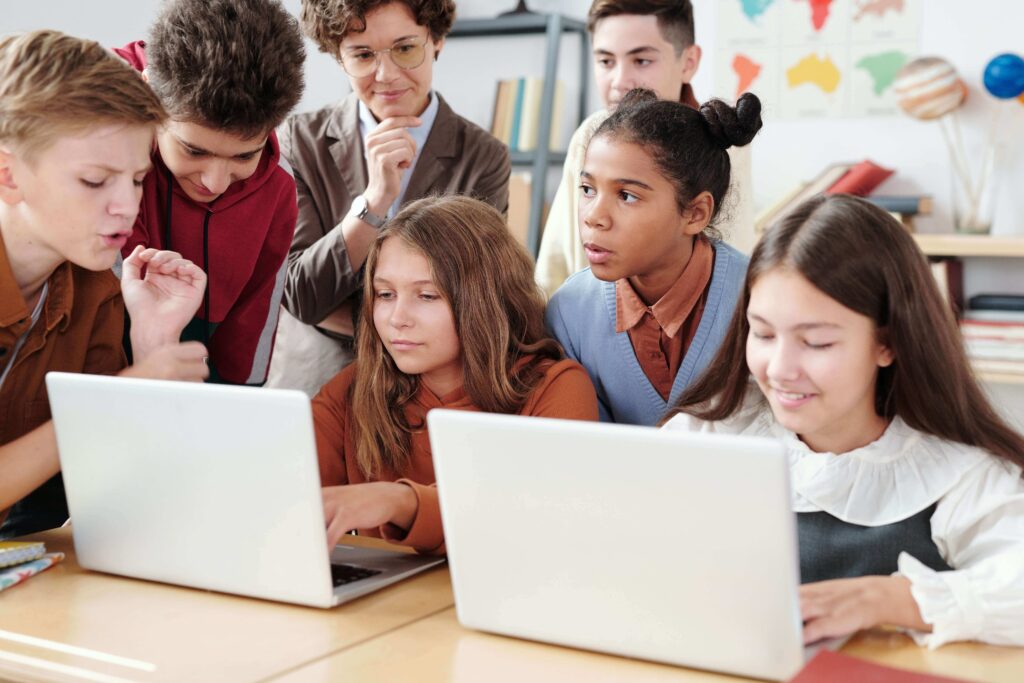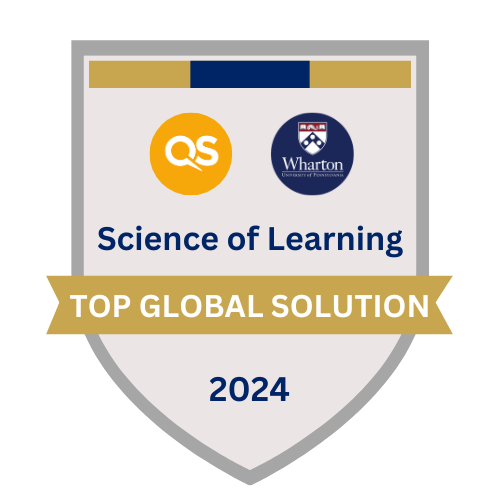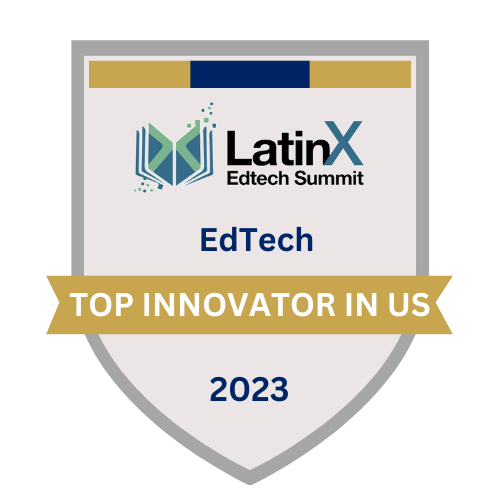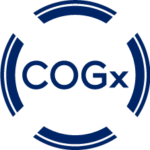College Readiness: Building A Bridge to College Success for First Gen Students!
The problem: Only 1 in 4 First Generation College students earn their degree. Research consistently demonstrates a clear advantage of continuing-education students in comparison to their first-generation counterparts. This advantage is present during college/university and continues after graduation impacting first-generation students’ income and wealth. For example, first-generation students are less likely to be taught to learn effectively and afforded external sources of support.
Sources: Pew Research Center, 2019 & 2021; NCES, 2011


